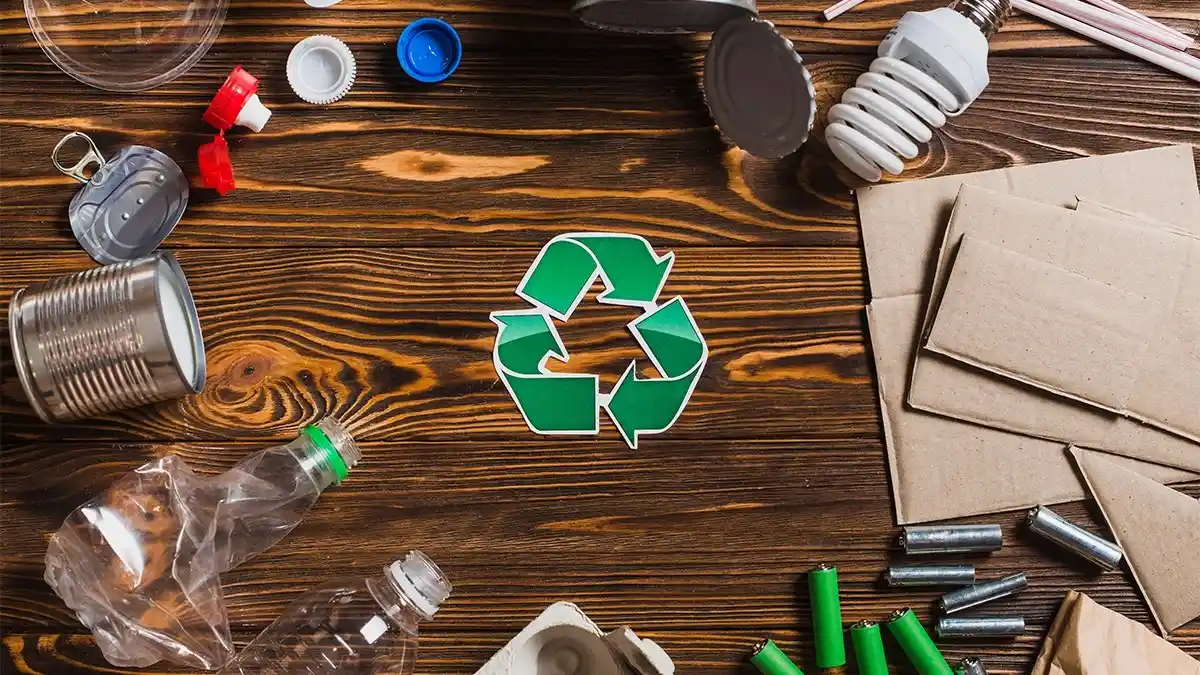Factories, households, and industries produce millions of tons of scrap each year — ranging from factory offcuts to discarded electronics. And management of this waste mountain is no longer only an issue of disposal. It’s making it interesting, something you could use. That is precisely the role of scrap solutions — to extract reusable value from waste, for both businesses and the planet.
Why Recycling Matters
Urbanization, industrial expansion and increased consumer demand for vehicles, gadgets, and construction material have spurred a sharp increase in scrap production. These materials just end up getting thrown in a landfill, which adds to pollution and exploitation of resources.
- Recycling, by contrast, offers a more intelligent option:
- Preserves natural resources by limiting the need for mining
- Cuts down on power usage compared to processing raw materials
- Reduces environmental impact and businesses save on costs
In other words, the scrap solutions form a bridge between profit and the right thing to do.
Modern Scrap Solutions at a Glance
State-of-the-art recycling plants take efficiency and recovery rates to the next level. Among the major stages are:
- Robot Sorting: State-of-the-art sensors and magnets pick metals in ways no person possibly could.
- Shredding & Outfeeding: Oversized scrap is shredded and the remaining scraps are reduced to a size that can easily be processed.
- Separation Systems: Good eddy currents, air classifiers, and screens extract metal.
- Dust & Safety Controls: Protect personnel and reduce environmental impact.
By installing this technology, facilities are able to handle more mass through the plant and achieve a cleaner product with lower costs.
Business Benefits Beyond Sustainability
Recycling is no longer just a “green” decision for companies; it’s a savvy financial one. Among several benefits:
- Save Money: Using recycled products helps cut down on the demand for costly raw materials, which in turn saves money.
- Savings from the Improvement: Automation improves processing and minimizes labor requirements.
- Increased Profits: Better resulting resale prices are counted when using a high quality, properly sorted scrap.
- Regulatory Compliance: Adhering to sustainability norms is good for taking care of business image of the company.
Companies that just let the scrap flow out of the facility to never be seen again are wasting things that could and should be helping them make bigger profits as a whole. With the right scrap solutions in place, businesses keep a competitive edge, and an opportunity to grow.
Industries Leading the Way
Some industries there are moving toward advanced recycling to meet corporate goals for sustainability:
- Automotive: Recovering steel, aluminum, and other metals from end-of-life vehicles.
- Build: Recycle beams, copper wire, and fixtures in big.
- Electronics: Recovering precious metals like palladium, gold, and silver from electronic trash.
- Fabrication: Metal scraps and other industrial byproducts can be repurposed in the fabrication process.
Less waste and more recovery also mean more profits in any industry.
The Future of Scrap Recycling
The recycling industry is increasingly heading in the direction of smarter, more data-led processes. AI, ML, and IoT based monitoring — is going to change the scrap consumers process forever. These innovations promise:
- Higher accuracy in sorting
- Reduced energy and labor needs
- Greater overall efficiency
With regulations becoming stricter and customer focus shifting to sustainability, those organizations that adopt advanced scrap solutions will capture a head start in the future.
Conclusion
Building recycling isn’t just for afterthought; it’s for business to wear on its face! Companies have cash as well as profit potential to save when investing in scrap options that are eco-friendly. Businesses are converting waste to opportunity, and creating a greener, more resource-efficient future in the process.


